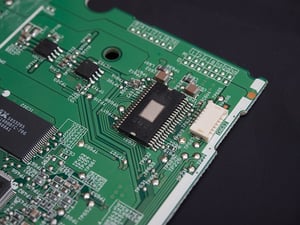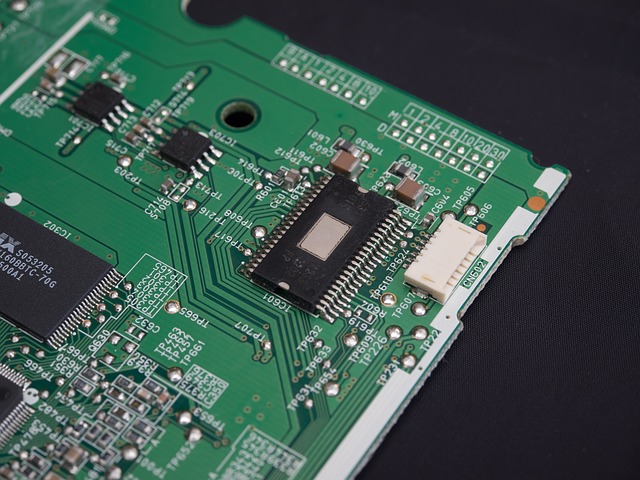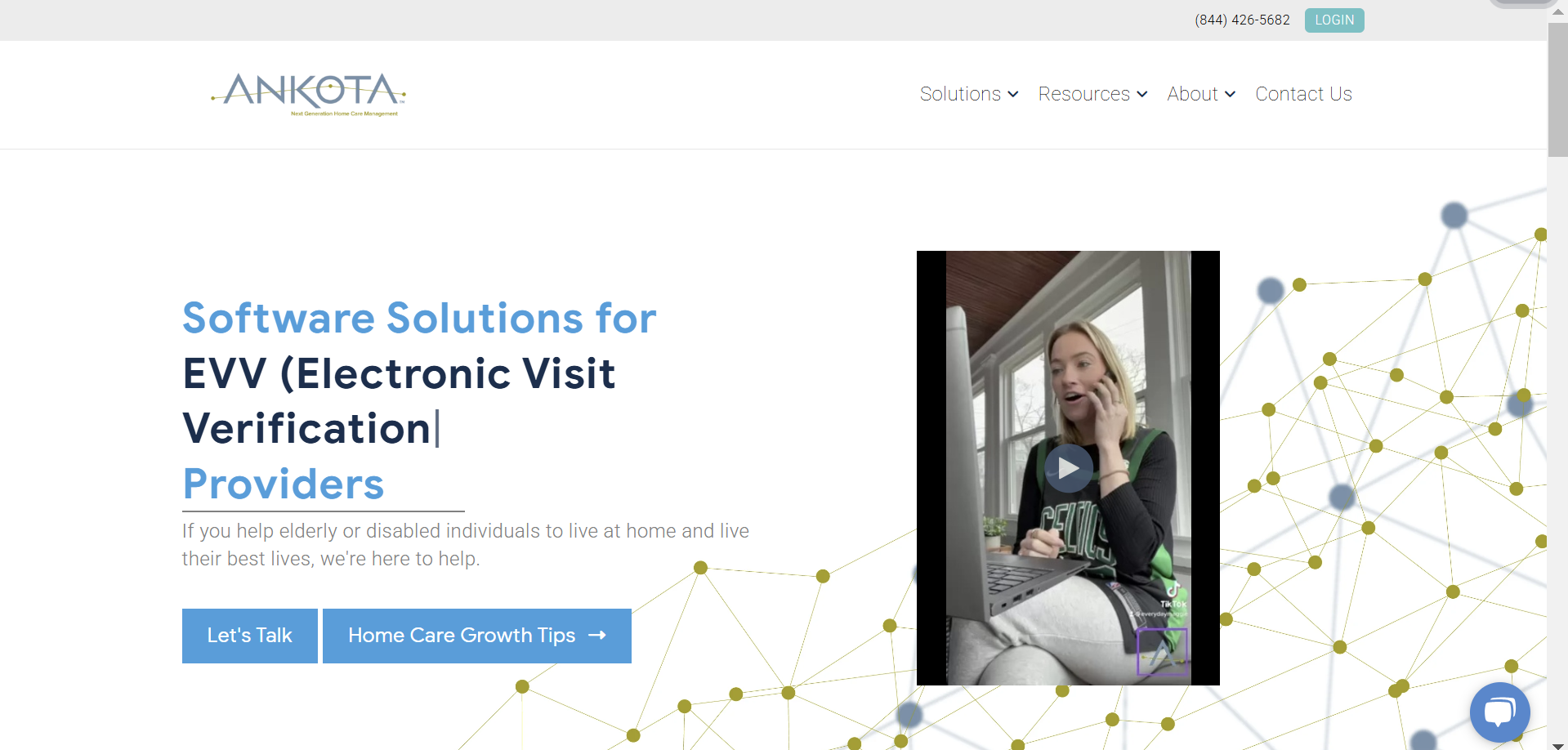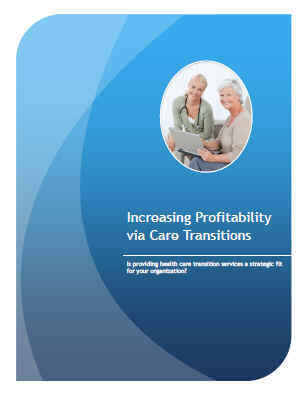
Even as I begin to write this post, I wonder how many home care readers will click on this article to learn what block chain is about.
Part of the reason that I write the “Home Care Software Geek” posts is because I have a passion for keeping people technically literate. To that end, I teach several college courses at a business school (Babson College) that are about digital transformation and teaching these business students up to date on what’s going on in technology.
At every point in our lives today and moving forward there will always be some hot topics in the tech world. I teach business students that these will always present opportunities for jobs and career changes. When a new promising technology comes into play there’s always a shortage of people who know how to develop and work with the technology, but perhaps even more importantly, there’s a lack of people who know how to apply that technology for the benefit of society.
As a last point before talking about Block Chain, let me remind you that a few years ago there was a “new technology” called “the cloud” that nobody understood:
But a few short years later we have almost no computers hosting apps in our companies and instead all our applications are available 24 hours a day and securely through the cloud.
What is Block Chain?
Let’s start with the quick answer… Block Chain is the technology that makes Bitcoin and other cryptocurrencies work. If you don’t know what Bitcoin or cryptocurrency are, go ahead and Google them.
The longer answer is that Block Chain is a distributed ledger technology. Think of a ledger where someone is recording transactions on a piece of paper or in a notebook. Block Chain is a lot like this except that the ledger doesn’t exist in only one place where it can be lost or stolen or modified. Instead it’s shared across multiple computers at once.
The benefit of distributing the ledger is that you can’t change it in one place or lose it, but the risk is that the potential exists for a smart computer hacker to change it in one or two places. To counteract that, Block Chain requires that each transaction be independently validated (and the validation involves some highly complicated math across multiple computers). If you’ve heard of Bitcoin, you may have heard of the possibility to “mine bitcoin.” The way that Bitcoin was mined was by validating transactions. The mining aspect compelled people to build an host the validation process.
As I said, it’s less important for you to know how the technology works and more important for you to understand it and to be able to think of ways to use it.
Bringing this back to home care, how can block chain be used to enhance Electronic Visit Verification (EVV)? We can envision a way that EVV “clock-ins and clock-outs” can be transacted on a block chain to avoid them from being edited after the fact.
Thanks for Geeking Out with us today! And if you need some help with home care software, just ask the geek:

.png)
.png)




.png)
.png)


